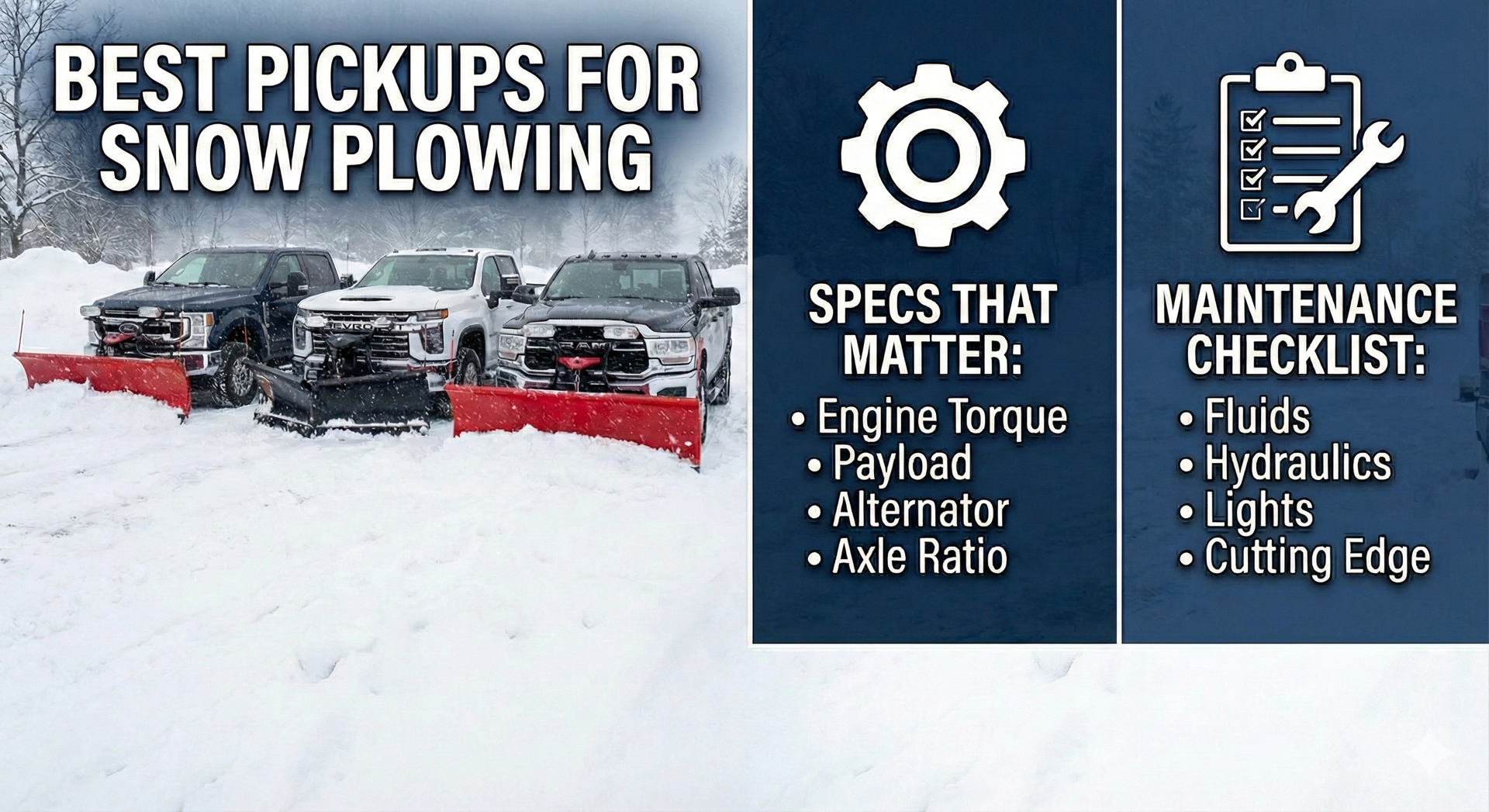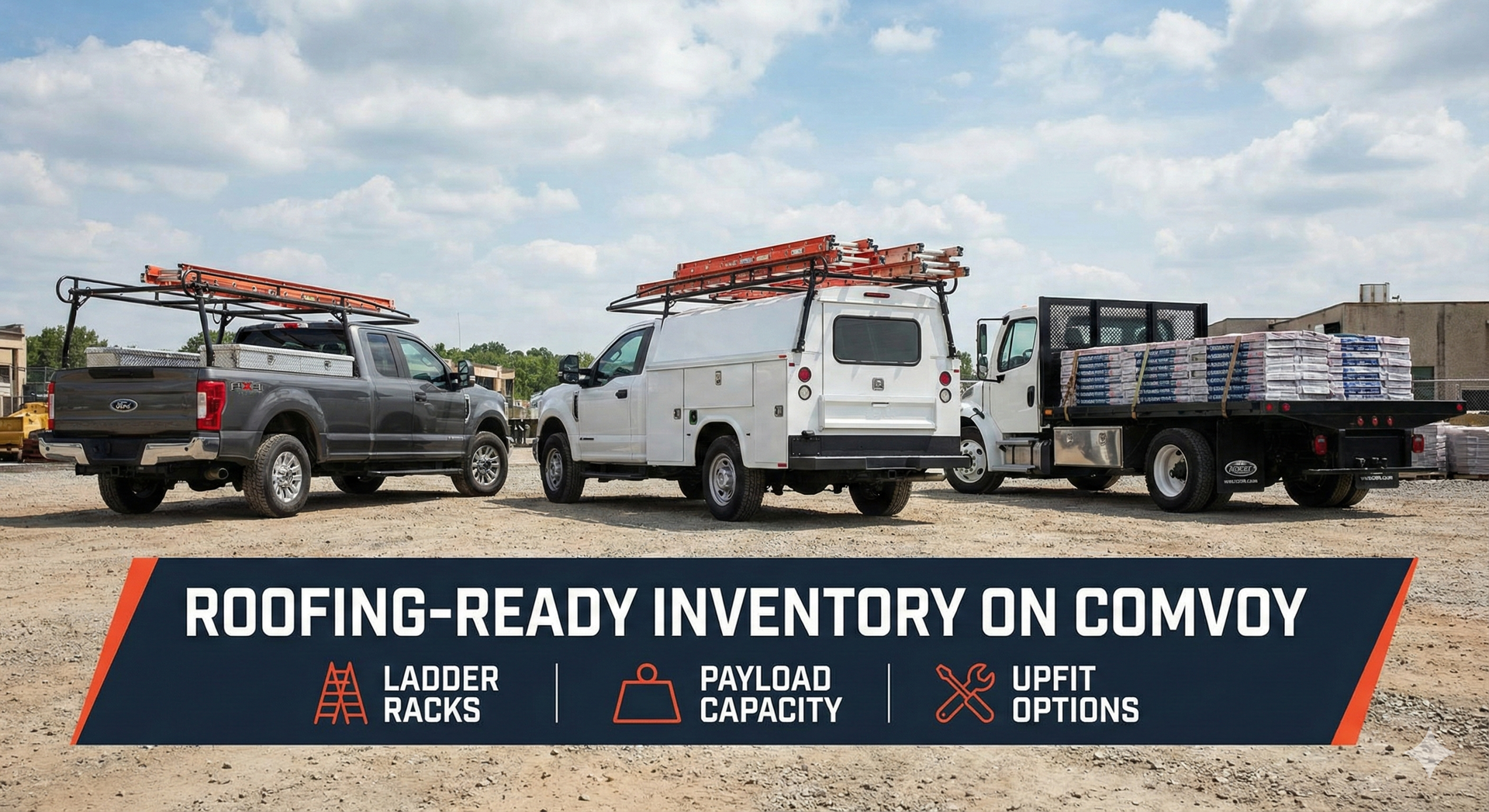Top 3 Insurance Considerations for Business Owners


Top 3 Insurance Considerations for Business Owners
This article will cover the top three considerations, Employees, Business Liability, and Taxes, for your business’s insurance to protect against common issues. There are many insurance types for different scenarios, and some are optional, recommended, or required, so read through the article to see if there is anything your business is lacking.
Employees
One of the top insurance considerations is for businesses with employees. You can control who you hire, but you can’t ensure you’ll have no issues with your employees, and you must protect your business.
Coverage like Workers Comp, which covers employee injuries on the job, and employee benefits like Health Insurance, are essential to protect yourself if there is an accident and prevent issues by keeping employees healthy. Though a standard in many businesses, these coverages can be quite costly. Ensure you meet with a professional insurance agent to go over options. In some states, this coverage is mandatory or contingent on the number of employees, so check with your agent to determine requirements.
Employee Dishonesty & Cyber Insurance is a lesser-known coverage but may be relevant if you work with sensitive information or handle cash often. Most businesses handle sensitive client information, such as credit card information. Many commercial companies are going into client homes, in the case of plumbers, electricians, and contractors, which creates more liability. If your business has a larger number of employees or you want to mitigate any potential liability, ensure you look into this coverage.
Employment Practices Liability Insurance is an optional but recommended coverage. This covers employee lawsuits against an employer for harassment, wrongful termination, discrimination, etc. Having an employee handbook is a good first step into protecting your business, and every employer should have one that every employee signs at hire. Address any potential issue that may arise in the handbook, allowed and not allowed, speak with a lawyer to ensure the text is appropriate, and speak with an insurance agent on the coverage you need.

Business Liability Exposure
General Liability Insurance can cover faulty workmanship done by a contractor company that damages the client or their property. General Liability may be required, so check with your agent. This type of coverage is often recommended, and many clients, in the case of contractors, want this coverage before hiring your company.
Driving and using work trucks and vans is an essential part of many businesses. Still, suppose you have employees using their personal vehicle for business purposes. In that case, you need to look into Employer’s Non-Ownership Liability Coverage. This will cover an accident for an employee’s personal vehicle for work-related business during work hours. Ideally, you have a company vehicle always available for employees. If you need to expand the fleet, check out new & used work trucks here.
When you have employees driving your work trucks and vans every day, it is crucial to think about how that affects your Business Liability rates. Hiring employees that have good driving records and minimizing on-the-job accidents are essential to keeping rates down. Telematics is a great method to ensure drivers are driving well. Implementing driver training and safety procedures also goes a long way to ensuring you save money, time, and potential headaches.

Hired Auto Liability & Physical Damage Coverage is important for businesses that rent vehicles. This could be the case if employees are often traveling for business or if you see faster growth than your current fleet can manage. Talk to your insurance agent if you fall into this category or see a need for more rental vehicles in the future.
Taxes
Death and taxes, the two things you can count on in life! Taxes are something most business owners loath, but it is one of the most important things to be successful and determine insurance needs. There are many questions to answer, and getting the advice of a professional is highly recommended! Here are some of the top questions for new and current businesses to ask a professional.
- Should you form a corporation, LLC, S or C Corporation, or operate as a sole proprietorship? What are the tax benefits and costs to your specific business if you incorporate vs. not? What personal protection do you receive from incorporating?
- Are you organized enough, keeping receipts, notes, etc., to maximize your expenses to write them off?
- Should you put your business or personal vehicle in your business name? If you are using your personal vehicle for business, are you tracking the mileage and purpose so you can write that off?
- Can you keep track of your business expenses and revenue with accounting software, or should you reach out to an accountant?
There are a lot of considerations in this article and speaking to an insurance professional is always recommended.
Read our other insurance articles to ensure you are protected:
Business Auto Insurance - What You Need to Know
Business Interruption Insurance - Critical Coverage
For informational purposes only and not intended to constitute legal advice. Coverages are subject to state availability and qualifications and may vary by state. All claims for coverage are subject to applicable state and territory laws, policy terms, conditions, and exclusions.
Content developed in partnership with Allstate








